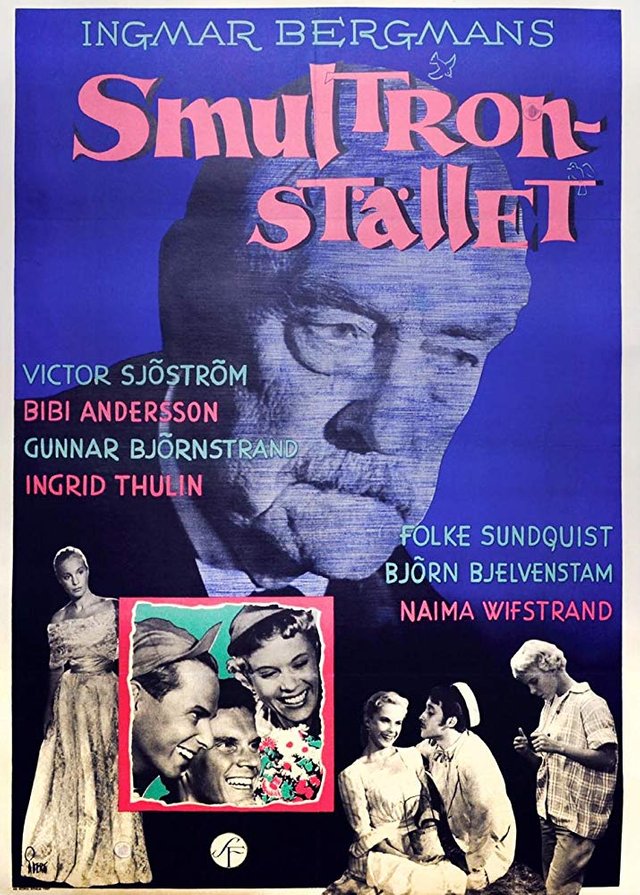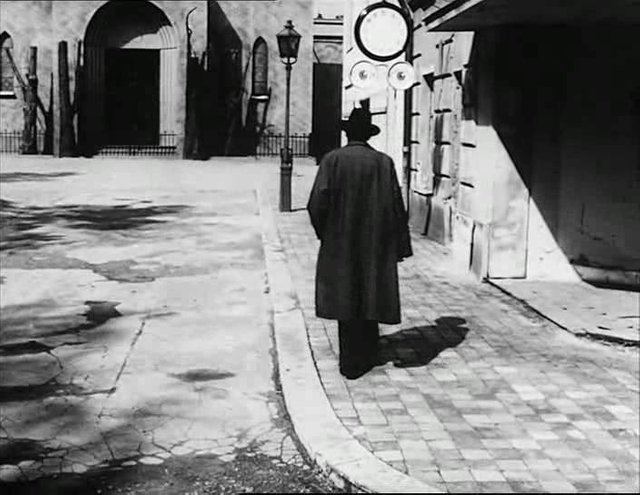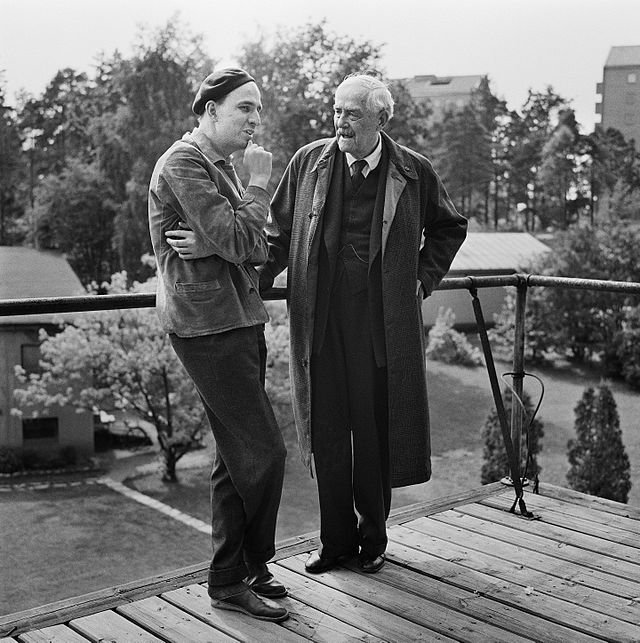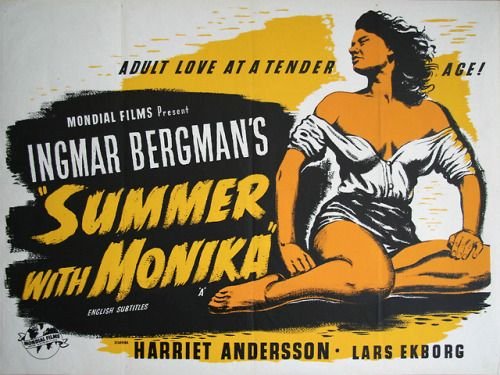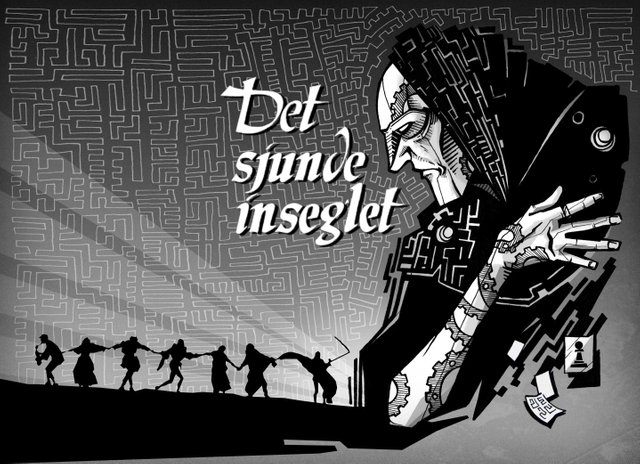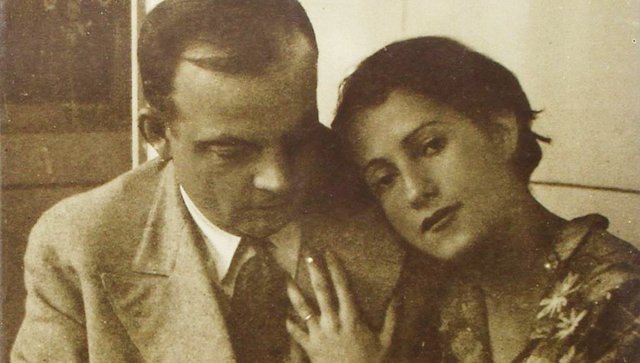Wild Strawberries (Movie): the final retrospective.
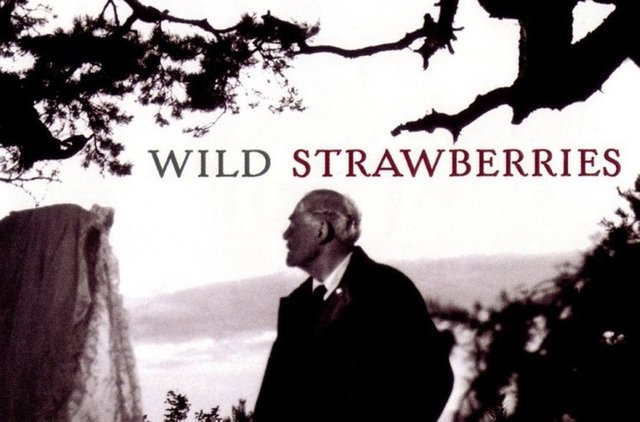
To discover the cinematographic work of Ingmar Bergman, I got several of his films but I didn't know where to start. "Do I start by those who won the Oscar? Do I look for his first works? Do I let myself be carried away by chance?" What I did was to select those whose synopses attracted me the most and order them (only these) chronologically. For that reason, the first one that I saw was Summer with Monika (1953) whose review I posted a few days ago and you can read here:
For 1957 Bergman filmed another one of his great movies according to the critic and it seems to have been a curious coincidence to have seen Wild Strawberries (Smultronstället) just after Summer with Monika. If the latter celebrates adolescent rebellion, the longing for freedom and how to face a life that comes, Wild Strawberries is the opposite: it's to look back on the life that has been lived. Either of the two films gives an extensive and in-depth analysis, but I will try, as I did with the previous one, to provide some important aspects without revealing too much of the filmic experience.
Professor Isak Borg, 78 years old doctor with five decades of professional practice, starts the movie with a monologue whose first sentence summarizes the last decades of its existence and why he has the character that he has:
“I have voluntarily renounce all kinds of social life, because our personal relationships tend to be reduced to commenting and censoring the behavior of others. That's why I'm alone in my old age”.
He's a self-marginalized man who sees life and social interaction as a banal experience. What has made him become this way? We will see. However, Isak decides to suspend that withdrawal upon receiving a distinction that will be granted in the Cathedral of Lund, city to which he must travel. He decides to go by car, not by plane, and then the road appears (it's a road movie), the unequivocal symbol of the journey of life. To this is added that the road is traveled in the opposite direction to the one that he did a long time ago: he returns to the city, to the house where he grew; and it's also a journey into the past, where Borg will evoke his first love, his childhood and other decisive moments in his life. Did those moments define his character? Or was it his character that caused those moments? Possibly it's a combination of both.
By remembering, Borg can literally see what happened. Before his eyes the scene is again represented, in which he doesn't participate and doesn't see himself either. He can not intervene to change the facts, but he relives them with the same intensity as the first time. In addition to remembering, we also see him dreaming. His dreams are strange and we can see that memories and people from his past are mixed with people of his present, in a chaos that only seems to have a single purpose: to prepare him for death and the awakening of his conscience. Empty streets, a clock without hands, a hearse that crashes, the removal of his doctor's license, are dreamlike situations that shout to him, from the subconscious, that his time is coming and that he must do something. Isak is known, and he recognizes himself, as a cold man, not very affectionate, focused on his work, not on his family or his emotions. It comes from inheritance, his mother is the same way and his son is too. But he wasn't always like that. And there are those who remember him that.
The combination of these memory evocations with dreams (cryptic, prophetic?) gives the plot greater depth and enhances the meaning of Borg's words and actions. Through the journey, the evocations, the memories, the stops and the people he meets along the way (including a young woman who has the same name of his first love) are making Borg reacts (you don't have much time, you can still do something ) and leave space for reflection and debate on a variety of topics: love, relationships, family, loneliness, faith, old age, death, among others.
The superb performance of Victor Sjöström (Isak Borg) and the participation of Bibi Andersson and Ingrid Thulin, all of whom are reiterated collaborators of the director, is the icing on the cake in which this delicious film becomes. Excellent photography by Gunnar Fischer (who also worked several times with Bergman) and treatment of deep issues, but with a hopeful message, because despite his old age and having led a lonely and cold life, Isak manages to redeem himself and Take the resolution: not to end his days in the same way, make 8/10 a more than deserved rating for another film gem of this iconic Swedish director.
